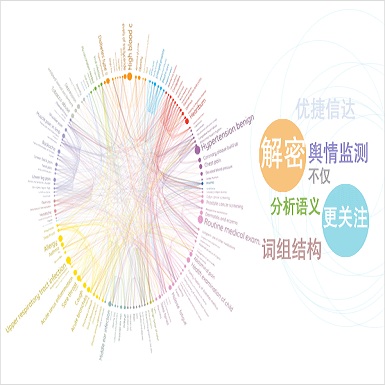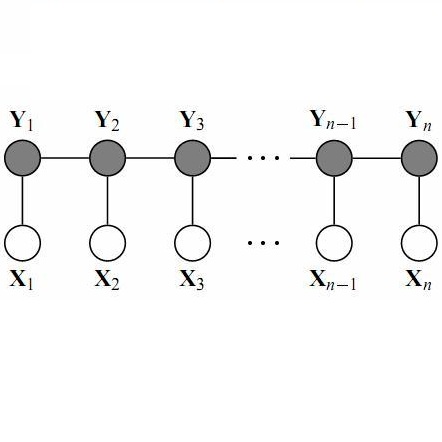Semantic parsing of user-generated instructional text, in the way of enabling end-users to program the Internet of Things (IoT), is an underexplored area. In this study, we provide a unique annotated corpus which aims to support the transformation of cooking recipe instructions to machine-understandable commands for IoT devices in the kitchen. Each of these commands is a tuple capturing the semantics of an instruction involving a kitchen device in terms of "What", "Where", "Why" and "How". Based on this corpus, we developed machine learning-based sequence labelling methods, namely conditional random fields (CRF) and a neural network model, in order to parse recipe instructions and extract our tuples of interest from them. Our results show that while it is feasible to train semantic parsers based on our annotations, most natural-language instructions are incomplete, and thus transforming them into formal meaning representation, is not straightforward.
翻译:暂无翻译



